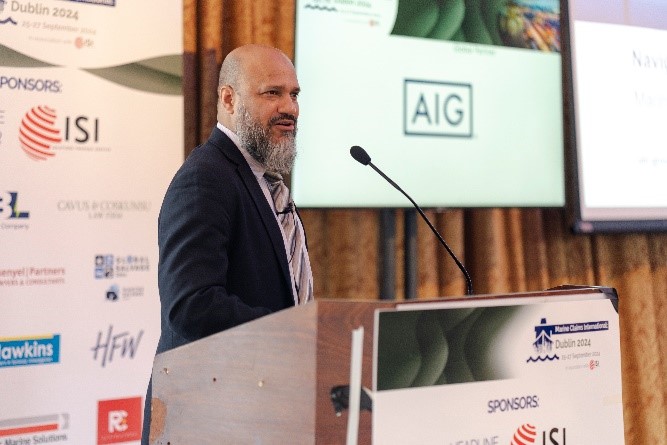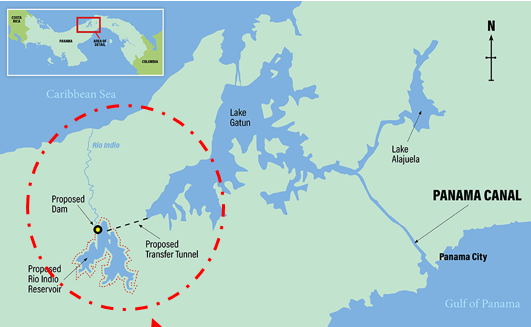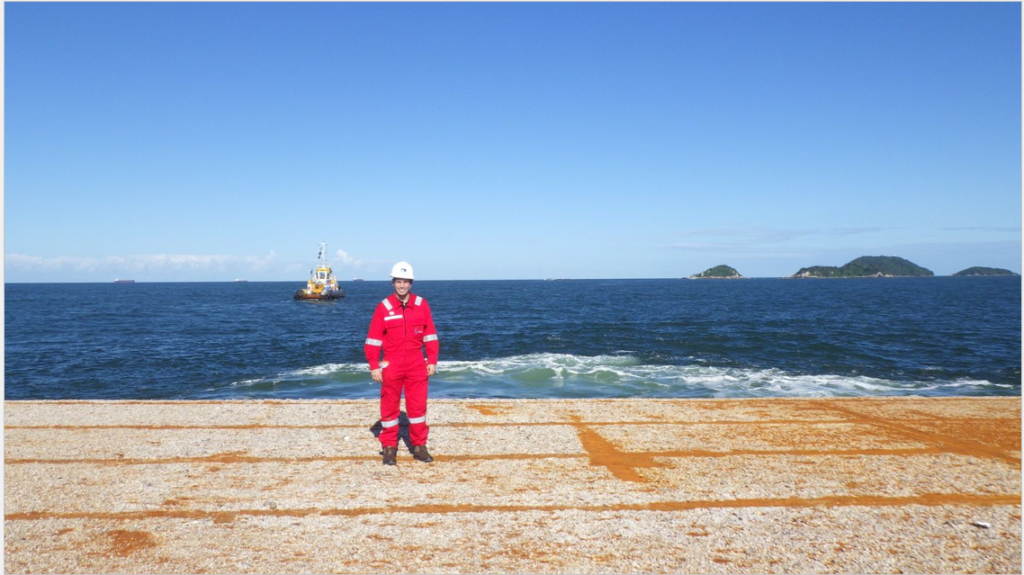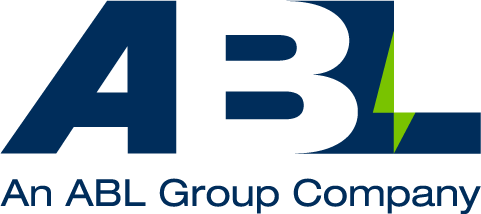Navigating Maritime Challenges in South America: Key Insights from our latest presentation in Piraeus
In October, 2024, ABL Greece hosted a seminar in Piraeus on the topic ‘’South America Shipping: Current challenges and case studies’’. Addressing the key maritime hub of Piraeus, ABL’s key regional experts shared their insights on key areas of importance for the shipping market’s of Panama and Brazil. The event highlighted emerging risks and regulatory complexities and ABL’s local insights onto how to overcome them.
The ABL Speakers
- Maria Dragoumerli, Country Manager, ABL Greece
- Wagner Rodrigues, Regional Director, ABL South America
- Jose Alberto Rosas Rodriguez, Country Lead, ABL Panama
- Fabio Borda, Naval Architect and Marine and Ocean Engineer, ABL Brazil
Navigational Risks for Vessels Transiting the Panama Canal

José Alberto Rosas underscored the operational risks for vessels navigating in the Panama Canal waters and made an introduction about the changes and trends since the Panama Canal expansion. Main contributive factors are mostly related to human factors while most common events are collisions and allisions. In 2016 the Panama Canal transit capacity increased in both the number of transits and the maximum size of the vessels, which has increased the cargo volumes transiting through the Panama Canal by around 50% in comparison to 2016 and has attracted new cargo segments such as LNG vessels.
Although there has been a slight increase in the frequency of accidents in the Panama Canal transits in recent years as a consequence of operational changes of the expansions, accident rated remail lower than other similar routes worldwide. However, it should be noted that many accidents in the Canal waters occurred during the waiting times of vessels prior to transit or while performing other operations at the anchorages. It’s worth mentioning that there are no official public statistics about these types of incidents.
The introduction of disruption charges for vessels presenting deficiencies during the Panama Canal transit or while navigating Panama Canal waters, may range between USD15,000-250,000 depending on the type and severity of the deficiency was pointed out as a factor to be considered by vessel operators, considering the economical and legal consequences of these cases.
Finally, environmental and climate change risks were addressed, based on the recent experience in the Panama Canal transit capacity after the severe drought in 2023 and 2024. Although it was mentioned that the water levels in the Gatun Lake were recovered in the last months and the Panama Canal Authority has already identified projects for a long-term solution, these are not expected to be fully operational at least until 2030 and therefore it is possible to suffer similar drought impacts due to severe climate events in the coming years.

South America’s Maritime Landscape: Diverse Risks and Regulatory Complexities
Wagner Rodriguez and Fabio Borda presented an overview of South America’s shipping industry, emphasising Brazil’s critical role. Key highlights included Brazil’s extensive maritime activity-bulk exports (iron ore, grains), crude oil via DP shuttle tankers, offshore shipping and inland river convoys.
They explored Brazil’s complex regulatory framework, blending Navy oversight with environmental and oil agency input, requiring local expertise. Challenges such as the Amazon River hazards (groundings, collisions), weather delays at ports and offshore complexities with subsea installations were discussed.
The seminar also noted Brazil’s repair facilities up to Panamax-size vessels, though larger ships face infrastructure limits. Success in this market hinges on strategic planning, risk management and a strong understanding of local practices.

Additionally, Brazil’s offshore oil fields introduce unique challenges, including subsea installations and tugboat operations under challenging conditions. Regulatory oversight involves multiple agencies, requiring operators to maintain transparent and adaptive relationships with local authorities.
Local Partner Global Expert
The seminar concluded with case studies and practical insights on risk reduction through compliance operational strategies and leveraging ABL’s global expertise and local knowledge, reaffirming our commitment to remain the industry’s trusted partner.
ABL in South America
At ABL, we stay committed to supporting our clients at all times, leveraging our expertise to navigate the complexities of global shipping routes. Our experienced local team of over 20 in South America includes expertise in mechanical engineering, naval architecture, dynamic positioning, shipbuilding and repairs specialists, shipping specialists electrical engineering, master mariners and marine engineers are on the forefront of assisting our global clients navigate the challenging environment with their expert local insights.
ABL brings together the deepest pool of multi-disciplinary expertise to support all areas of maritime. Our services include:
Technical Due Diligence & Advisory
We help our clients to make the right business decisions. By acting as your trusted advisor, we’ll ensure you understand the limitations and opportunities involved as early as possible.
International Shipping Consultancy
With over 150 years of legacy in the industry, we can work with you on a wide range of multi-disciplinary projects across all areas of shipping.
Marine Surveys, Inspections and Audits
ABL Group are world-leading providers in all types of marine surveys, inspections and audits, providing rapid marine assurance and risk support to clients anywhere in the world, and catering to vessels and offshore assets of any type and any size to help you to minimise risk and keep your operations on track.
Marine Design, Upgrade & Conversion
We can bring market-leading expertise in naval architecture to our clients and will support to find the optimal solution for your assets or project.
Ports and Harbours Engineering
Our Ports and Harbours team combined multi-disciplinary marine and engineering expertise, a wealth of practical experience across port operations and infrastructure, with market-leading insights into marine assurance and risk to provide a comprehensive service offering in reducing risk across the port value chain.
Expert Witness & Litigation Support
In the instance where things go wrong, we can support on a wide range of claims or disputes across the marine sector. We work with legal firms, P&I Clubs, finance houses and banks, oil majors, vessel owners and managers, and regulatory bodies to bring technical support and cutting-edge technology to their specific situation.
Our extensive footprint across the Americas, with offices in Rio de Janeiro, Mexico City, Tampico, Panama, San Francisco, New Orleans Boston, Fort Lauderdale, Houston, NewYork, Seattle, Vancouver, Calgary and Halifax, provides clients with the most pragmatic on the ground expertise, supported by our global teams – making us a true global partner and local expert.
